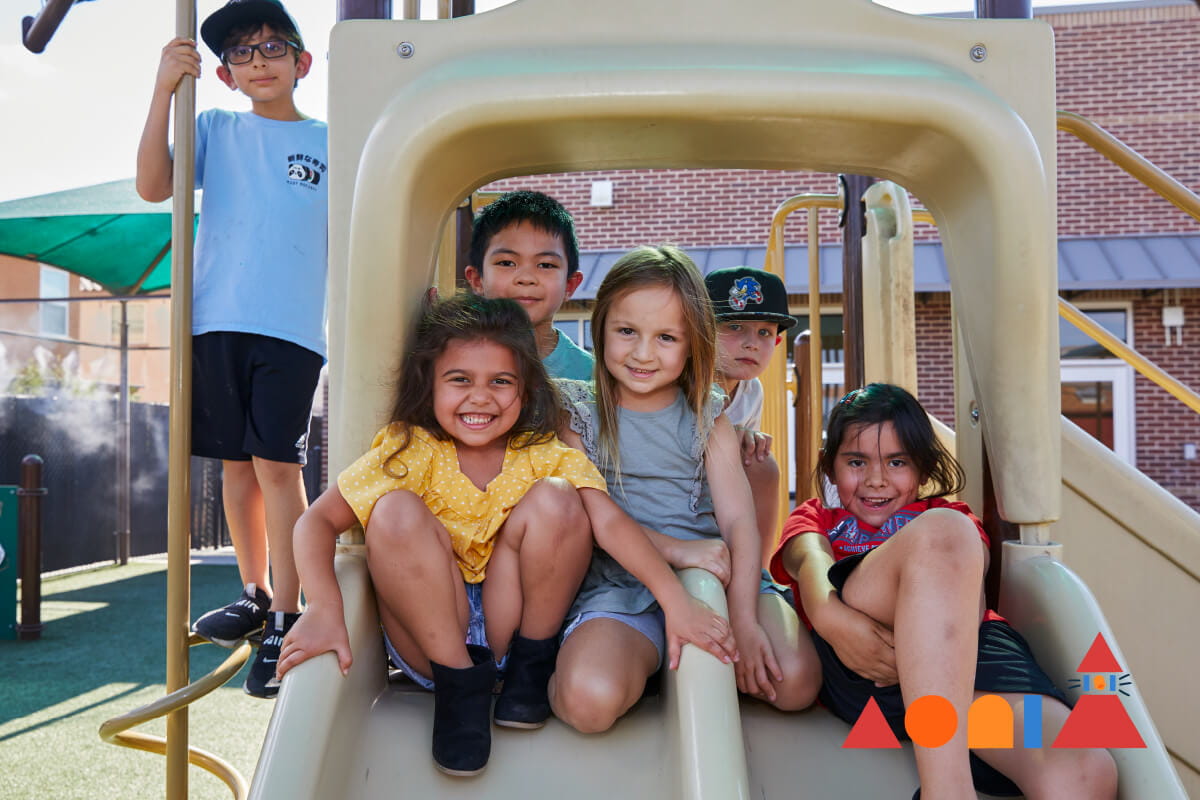Want Your Kids to Do Things Themselves (Without Being Told)? Try This.

As parents, we often find ourselves issuing a cascade of directives to our kids. It’s understandable: After all, we need our children to do a lot of things to keep them healthy and safe, to make sure we stay on schedule, and to keep our houses from descending into chaos.
But there’s a problem with all of this ordering about: Directives alone don’t teach children to think for themselves, make good decisions, or become solidly independent and self-reliant.
Luckily, there’s another way. Rather than using directives, try asking your child “curiosity questions,” which allow her to really think through situations and arrive at potential solutions on her own.
Take a look at the following five examples.
Directive: Go brush your teeth.
Curiosity Question: What do you need to do so your teeth are squeaky clean?
Directive: Get your winter coat on.
Curiosity Question: What do you need to do so you'll be warm outside?
Directive: Stop fighting with your brother.
Curiosity Question: What can you and your brother do to solve this problem?
Directive: Quit your whining.
Curiosity Question: What words can you use so I can hear you?
Directive: Pick up your toys.
Curiosity Question: What do you need to do with your toys when you are finished playing with them?
Of course, this technique does require a behavioral shift on our part as parents. We have to give children the space and time to figure out a response, which means letting go of our own fixed notions of the “right” answer. That can be hard, but it’s important that children learn from their own mistakes. Case in point: If your child learns on his own that a windbreaker doesn’t keep him warm on a frosty morning, the lesson may stick. Next time he sees frost outside, he may remember how he shivered in the cold and reach for the puffy jacket himself (no wheedling required).
There’s another benefit: When you encourage child-driven solutions, your child will feel she has agency over her own world—which gives her the foundation to be strong, confident, and secure in who she is, how she thinks, and what she can do for herself.
We aren’t saying you should relinquish all of the directives in your life—but encouraging children to think about and explore their own choices (and the consequences) gets them one step closer to self-reliance.
And for you? No longer charged with managing every little detail of your family’s day, you may find your own sense of freedom and ease! (And in a few years, when your self-reliant eight-year-old deftly packs his nut-free lunch for school all by himself, you’ll definitely get parental bragging rights.)




